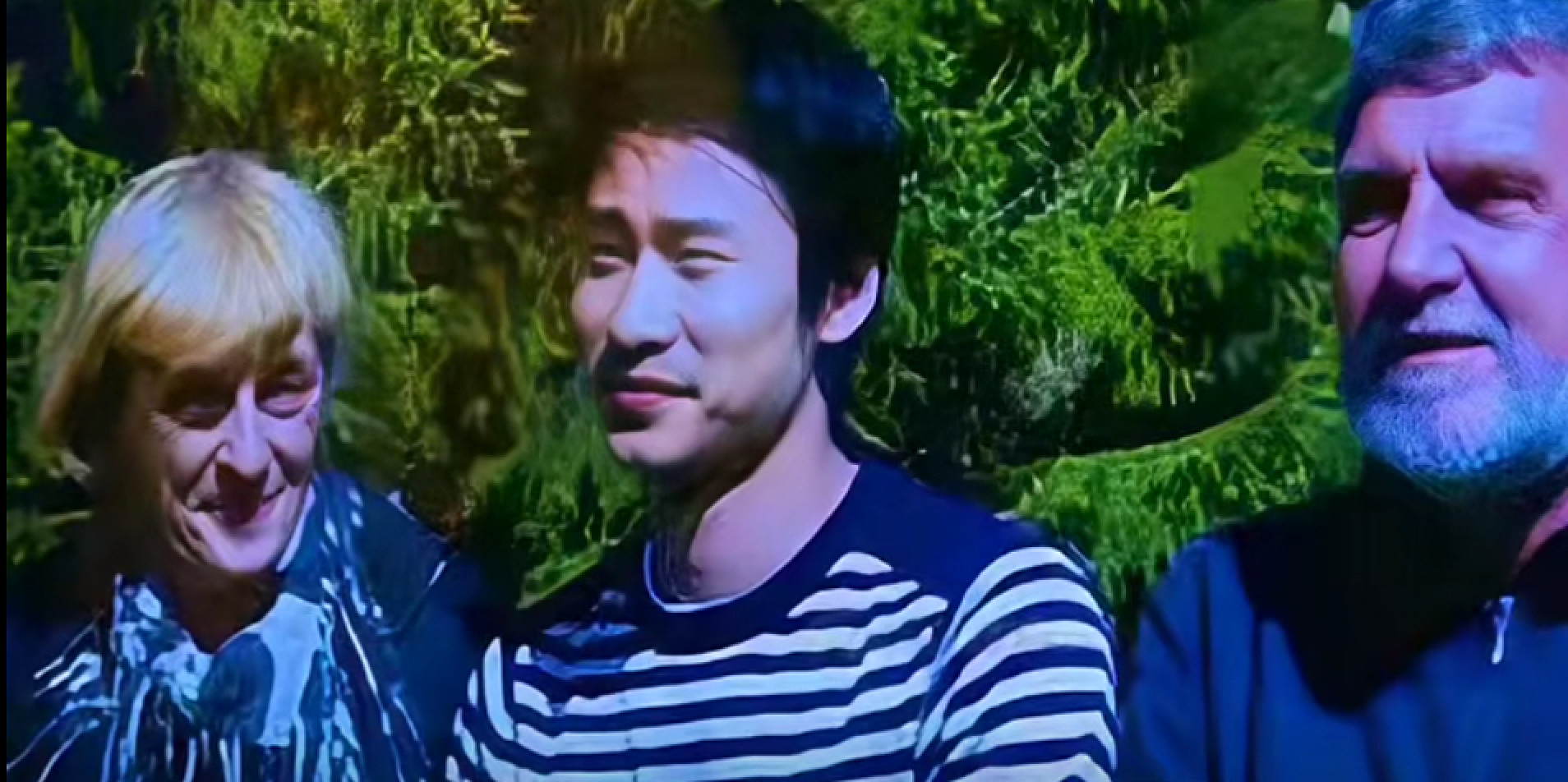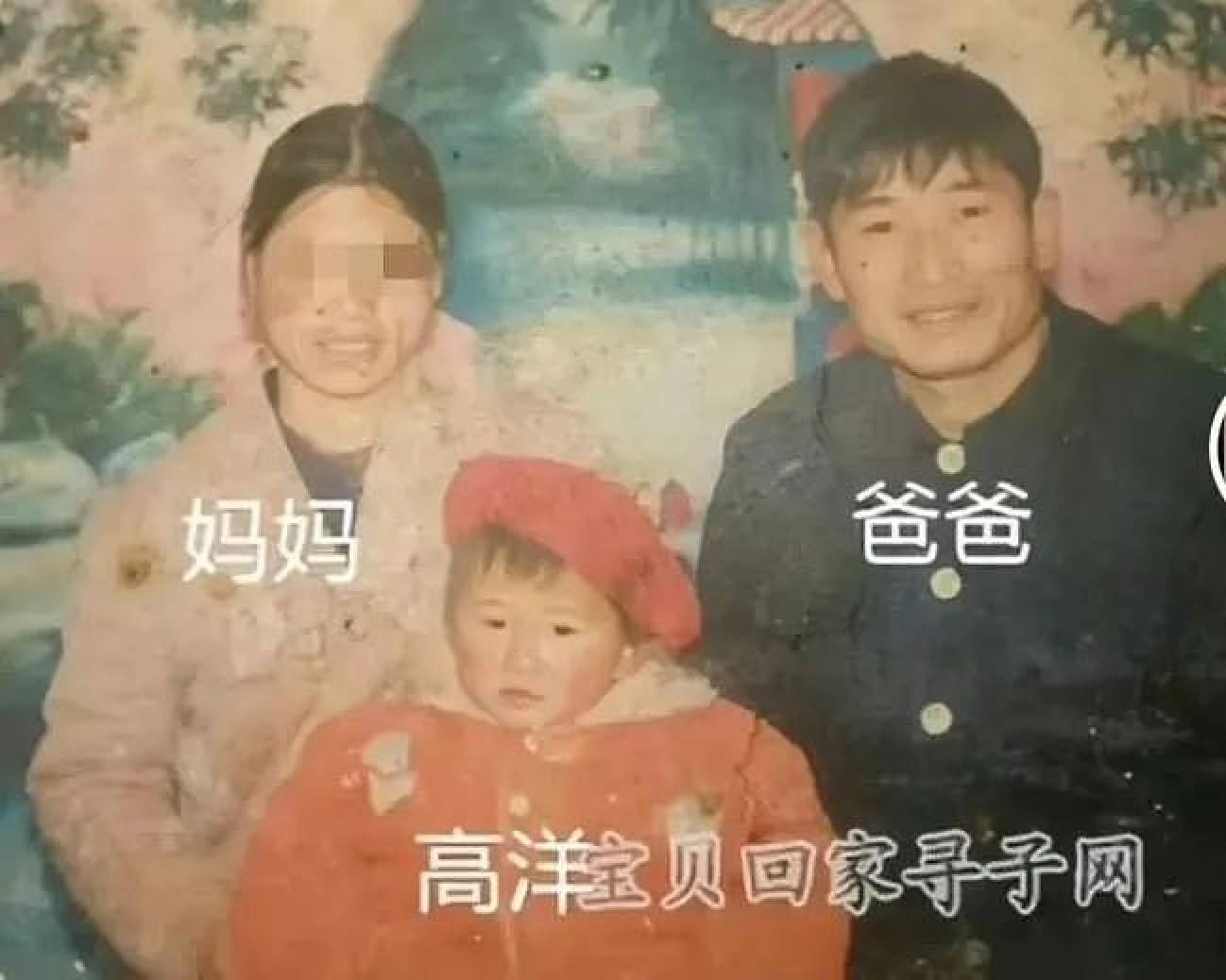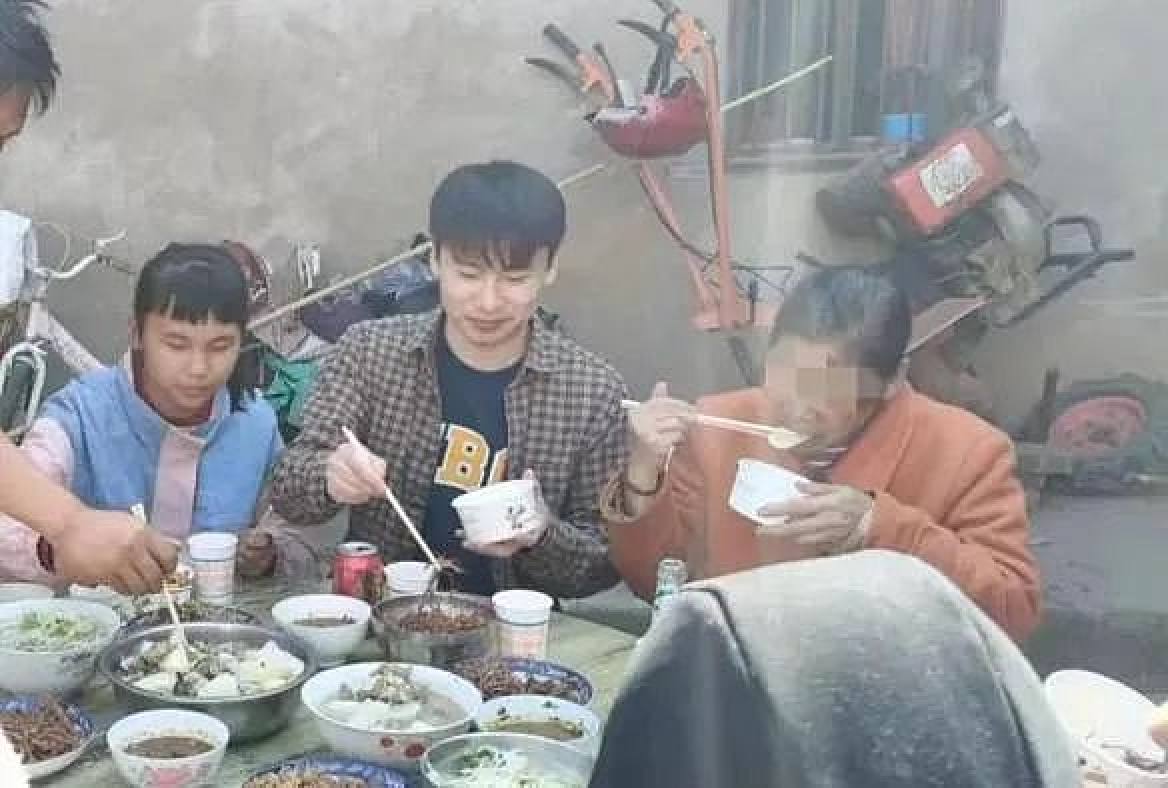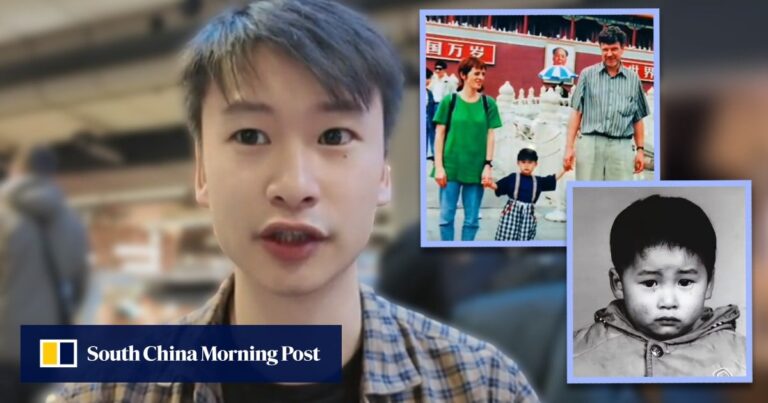Kindhearted people placed him in an orphanage, and in 1996 he was adopted by a Dutch couple, Josef and Maria Martens.

The couple named their son Guo Ming after the name he was given at the orphanage, Guo Yongming, so that he would remember where he came from.
His adoptive parents supported the search for his biological parents.
In 2007, the family returned to China together to search for clues, but the orphanage had disappeared. But Gu Ming never gave up searching.
He spent five years relearning Chinese, and worked part-time jobs during college to pay for three trips to China.
In 2012, he registered with Baobeihuijia (Babies Coming Home), a volunteer group that helps find missing family members, and with the help of volunteers he searched for his biological parents.
Meanwhile, he completed his studies at Leiden University in the Netherlands and obtained his PhD in Linguistics from McGill University in Canada.

He currently works as an AI speech recognition expert in Canada.
The good news came in October last year, when volunteers said that Gu Ming’s DNA matched that of his biological mother, Wen Shulong.
It turns out that Wen and his biological father, Gao Shenjun, had been searching for a child named Gao Yan.
Their story is a tragic one.
In 1994, Mr. Gao lost sight of Mr. Wen at a train station and was later attacked by a mob while searching for his wife, and lost sight of Gao Yang.
A vagabond tricked Wen into coming home with him and giving birth to a son, after which the vagabond abandoned her.
Wen returned to her hometown in Sichuan province, where she struggled with mental illness, and later remarried and had a daughter.
Gao desperately searched for Gao Yang, begging for food and walking 1,700km from Sichuan to Jiangsu, where he died in 2009.
In 2017, Gao’s brother contacted Wen and asked him to register Wen’s DNA with the police and to have his son’s information listed in the Baobe family registry.
According to the volunteers, it was not possible to match Gumin’s DNA with his mother’s in the database, as this would require DNA data from both parents.
Volunteers carefully combed through all the posts, cross-checked the information and sent blood samples for DNA testing, which eventually produced a match.
By a happy coincidence, the day the volunteers told Guming about the success of their 12-year search fell on his actual birthday, the 12th day of the 10th month of the Chinese lunar calendar.
Sadly, Goo Ming’s adoptive mother passed away shortly before the good news arrived, but his adoptive father was happy for Goo Ming’s happiness.
He was reunited with Wen and his half-brother in southwest China’s Sichuan province during the Chinese New Year holiday in February.
Wen, who suffered from mental illness, seemed fine when she saw Gu Ming. She kept calling him by his nickname, Yang Yang, and asked, “Where have you been?”
“I’m here,” Gu Ming said.

His father-in-law, knowing that potatoes are a staple food in the Netherlands and Canada, cooked all kinds of potato dishes for him.
Gu Ming visited his father’s grave in Jiangsu Province and met his uncle and aunt, who handed him the compensation for the demolition of his father’s house that he had saved up for more than 10 years.
He also wrote a letter of thanks to his adoptive father for “raising me to be a first-class talent that many aspire to be” and for “putting my younger brother to rest in peace.”
Gumin said she continued to search for her biological parents not only for herself, but also for their sake: “I knew they were looking for me, waiting for me to come home.”
He said he plans to return to China every year.
The story has touched many people online.
“He may have thought his parents had abandoned him, but they never abandoned him,” said one online observer.
“His story had an unfortunate beginning but was ultimately blessed with loving biological and adoptive parents,” another said.

